For many cultural critics, we entered a "golden age" of television around 1999 as The Sopranos ushered in a wave of thought-provoking, high-production prestige dramas—each seemingly influencing each other in an artful feedback loop. The classics kept coming over the next two decades: Six Feet Under, The Wire, Deadwood, Lost, Mad Men, Game of Thrones, Breaking Bad, the list goes on. That rise in quality seemed to dovetail with the ascension of "anti-heroes"—magnetic yet deeply flawed protagonists like Tony Soprano, Don Draper, and Walter White.
But has this type of character become too prevalent? Has TV—and even cinema—become too bleak? Seth MacFarlane, best known for creating the goofy and long-running animated series Family Guy, definitely thinks so. In an interview on Ted Danson’s podcast Where Everybody Knows Your Name, the writer-director talked about this perceived lack of hopeful content—and why it’s so important to have some regular heroes around for tonal balance.
- YouTube www.youtube.com
Beautiful but bleak shows
"That’s why I did The Orville," he said, describing his sci-fi drama-comedy show, which ran from 2017 to 2019. "When I was a kid, Hollywood was providing that voice in various forms. There was a lot of hope. Some of the blame [for not doing that now] lies right in this town. The dishes that we are serving up are so dystopian and so pessimistic—and yeah, there’s a lot to be pessimistic about. But it’s so one-sided. There’s nothing we’re doing that’s providing anyone an image of hope."
To illustrate his point, MacFarlane pointed to the acclaimed dystopian series The Handmaid’s Tale, which he called a "great f***ing show" that’s "beautifully" written and directed. "But there’s a lot more of that than what we used to get from Captain Picard," he said. "Hollywood [is] certainly giving us a lot of cautionary tales, but where are the blueprints they once gave us for how to do things correctly? It can’t all be just, 'Here’s what’s going to happen to you if you f*** up!' You do need, 'Here’s what you can achieve if you change your ways and do things right.'"
- YouTube www.youtube.com
The rise of the anti-hero
Theorizing about when this shift occurred, MacFarlane looked back to The Sopranos, David Chase’s groundbreaking HBO crime drama. "[E]ver since Tony Soprano—and, again, great f***ing show—it’s all about the anti-hero," he said. "It’s all about the complicated, drug-addled, f***ed-up person. 'Isn’t this person a mess?' The White Lotus is brilliant, but no one [on the show] is someone you want to be." Using a contrasting example of a traditional hero from the past, MacFarlane brought up Gary Cooper’s character, Marshal Will Kane, from Stanley Kramer’s 1952 Western film, High Noon. "I remember in that movie, he was on his honeymoon and pulling away, and he was like, 'Shit, I’m on my honeymoon, and I have to turn around and fight this bad guy, but ya know, it’s the right thing to do. I’m an altruistic guy, and I have to do what’s right. Television and film were full of those kinds of people."
Reviving some of that optimism, he argued, is "the only thing, really, that Hollywood can do that’s worthwhile," given that, "as we all learned from this election, nobody gives a f*** what celebrities think." It’s important, he said, that we explore stories in a way that "gives people hope."
- YouTube www.youtube.com
Where is the optimism on TV?
Of course, MacFarlane isn’t arguing that no such show or film exists. In a Reddit thread about the podcast interview, many readers shared suggestions that met the quota of optimism. "Funnily enough," one person wrote, "Ted Danson was on one of the most optimistic shows in recent years (The Good Place)." Others noted in the thread that the show’s creator, Mike Schur (The Office, Parks and Recreation), strikes a similar tone in some of his other recent work, including A Man on the Inside. Several people also recommended the Jason Sudeikis sports dramedy Ted Lasso, which has more than its fair share of silliness and feel-good moments. "I want a world in which the media I can choose to consume has more Ted Lassos and less Succession," someone wrote. "And that’s not because I didn’t like Succession. But holy f*** that can’t be all you are given to consume because what a f**ked picture of the world it paints."





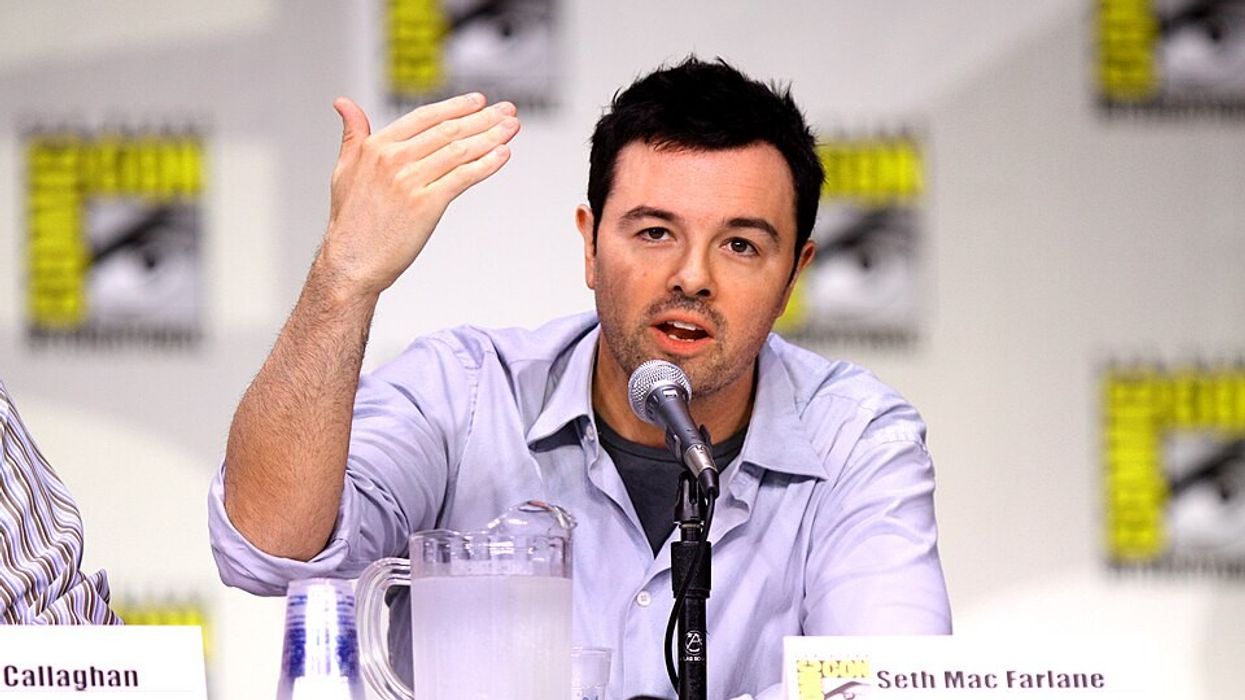

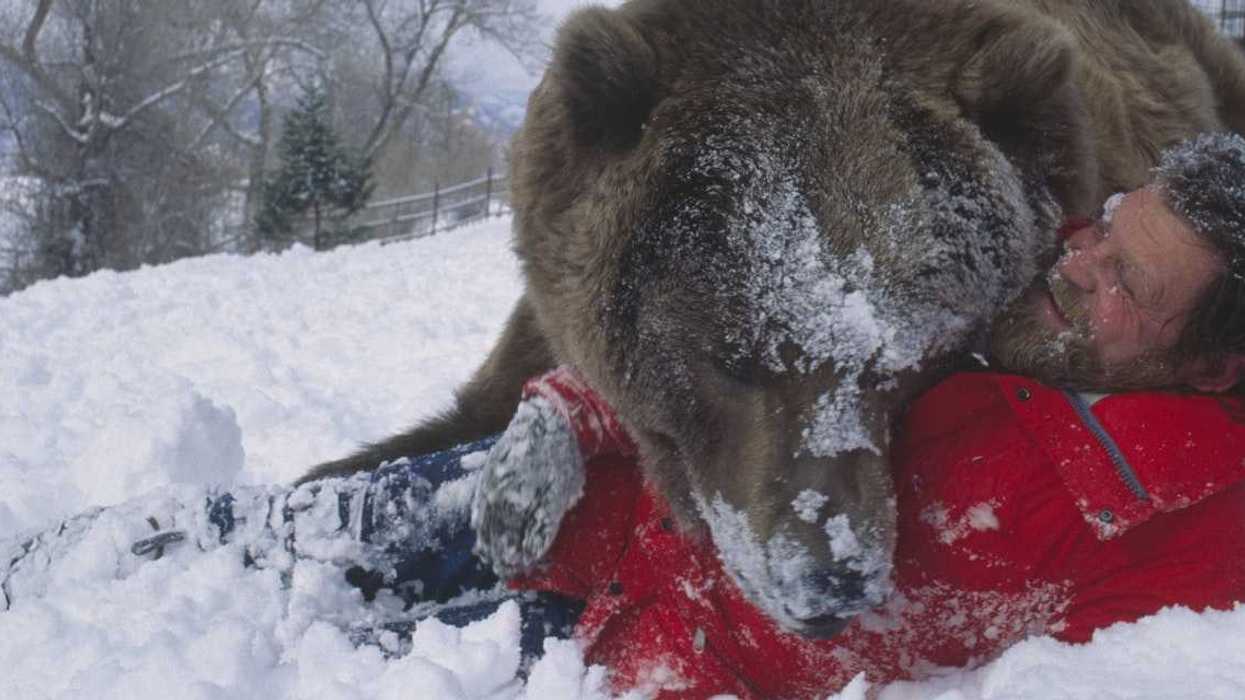

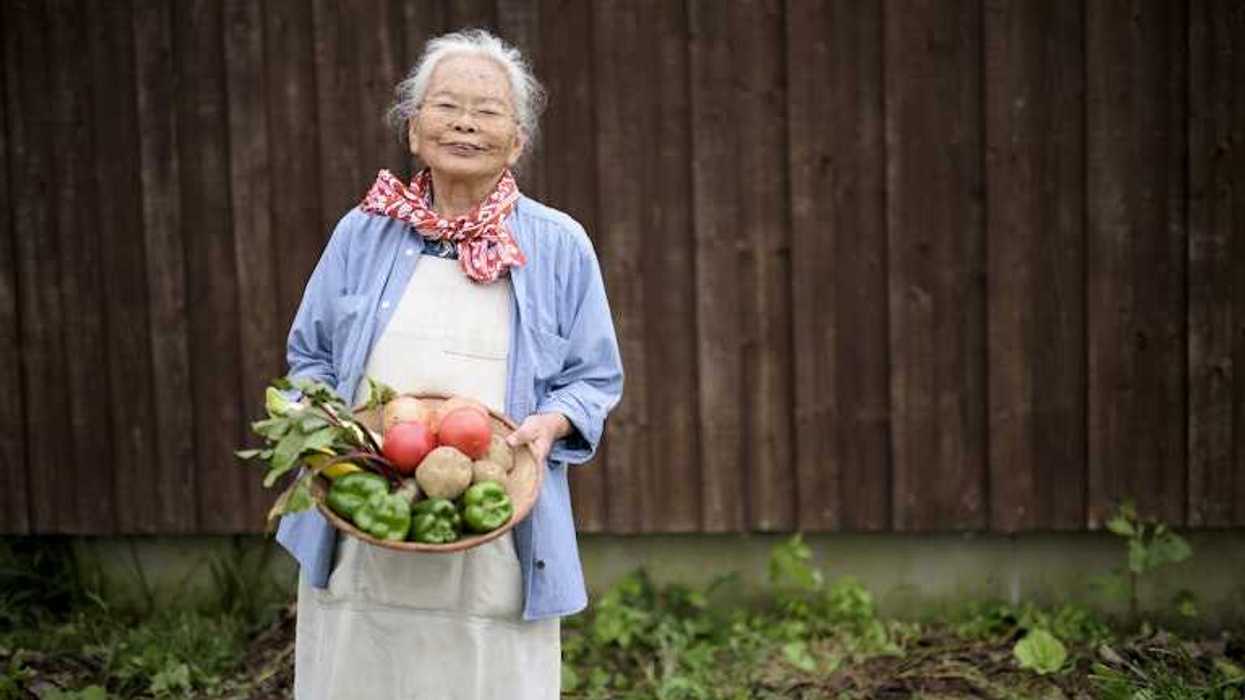
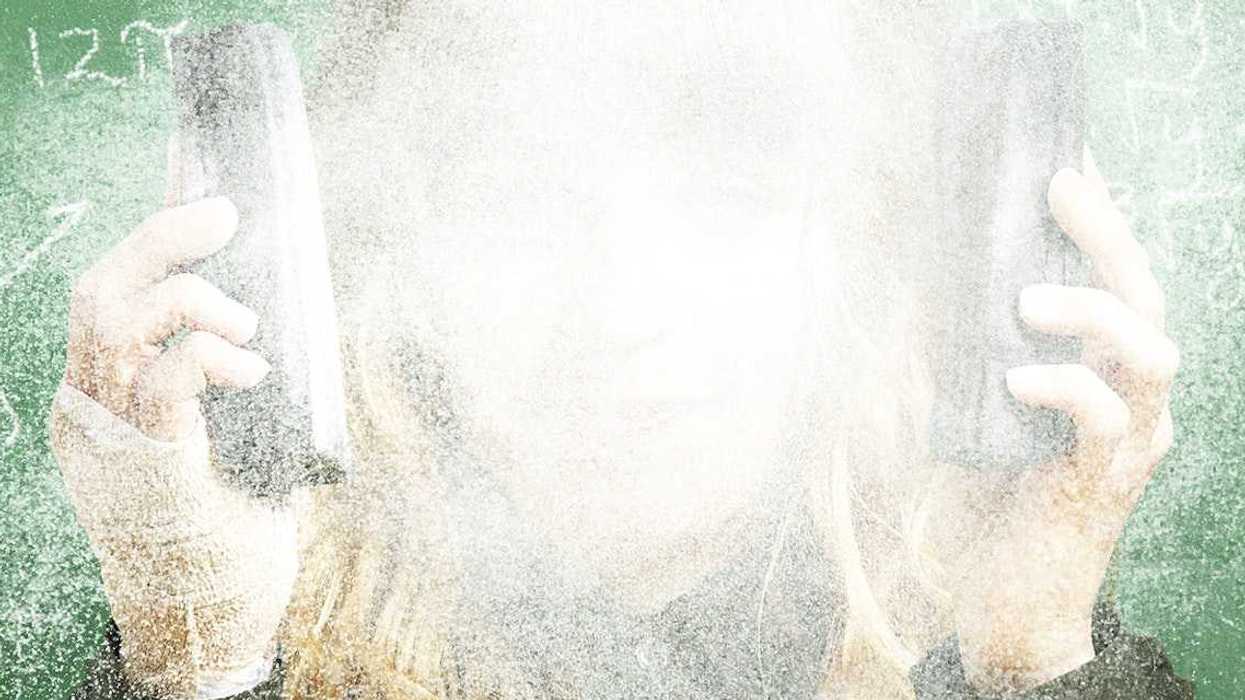







 A coupe on a romantic dateCanva
A coupe on a romantic dateCanva
 A woman swims in the oceanCanva
A woman swims in the oceanCanva A happy-looking dolphin popping out of the waterCanva
A happy-looking dolphin popping out of the waterCanva
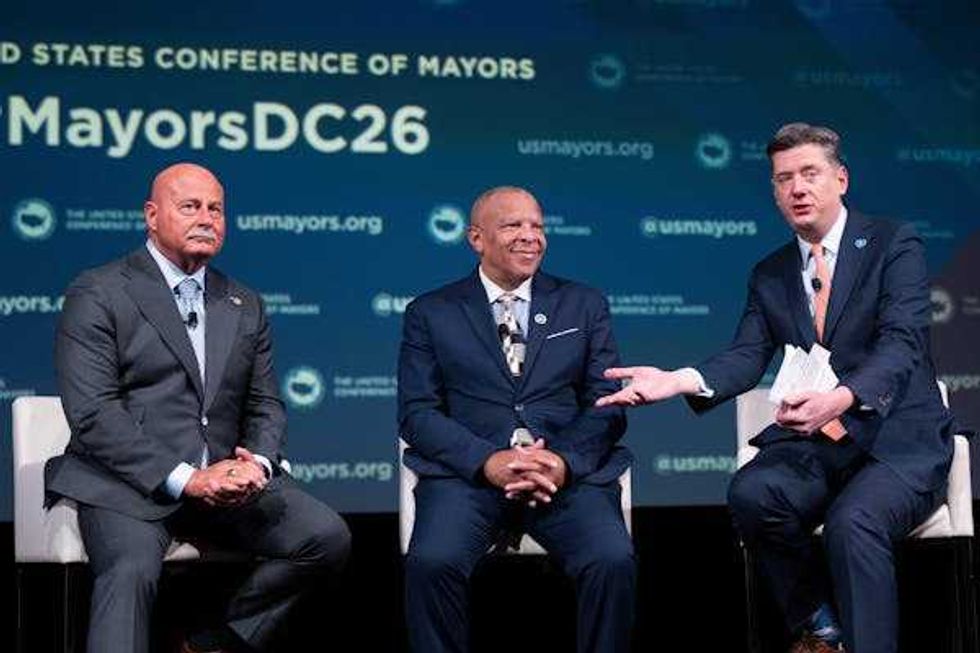 When mayors come together, they often find they face common problems in their cities. Gathered here, from left, are Jerry Dyer of Fresno, Calif., John Ewing Jr. of Omaha, Neb., and David Holt of Oklahoma City.
When mayors come together, they often find they face common problems in their cities. Gathered here, from left, are Jerry Dyer of Fresno, Calif., John Ewing Jr. of Omaha, Neb., and David Holt of Oklahoma City.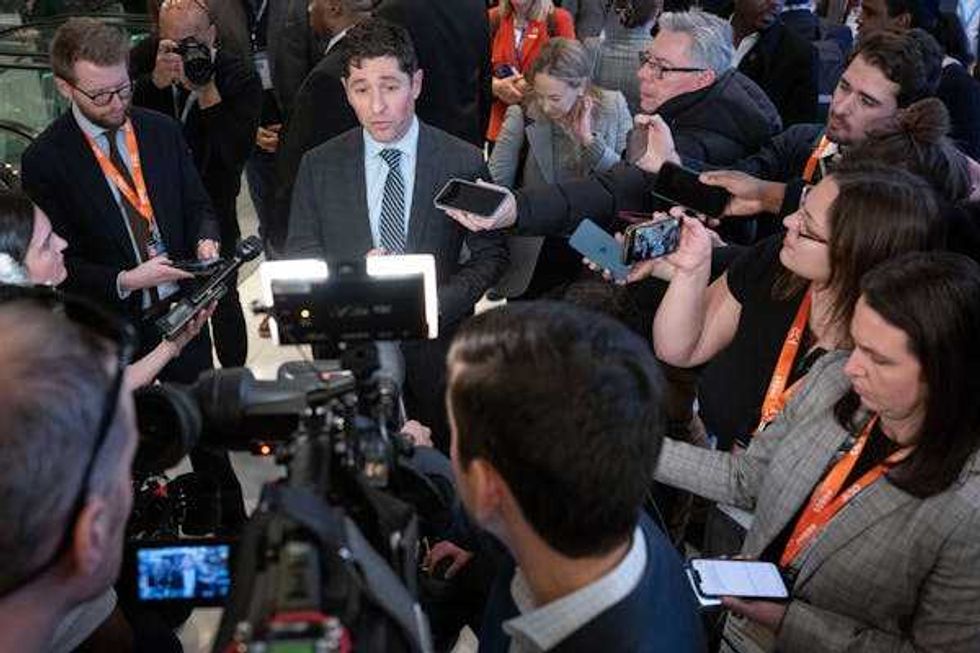 Mayors can find themselves caught up in national debates, as did Minneapolis Mayor Jacob Frey over the Trump administration’s immigration enforcement policies in his city.
Mayors can find themselves caught up in national debates, as did Minneapolis Mayor Jacob Frey over the Trump administration’s immigration enforcement policies in his city.
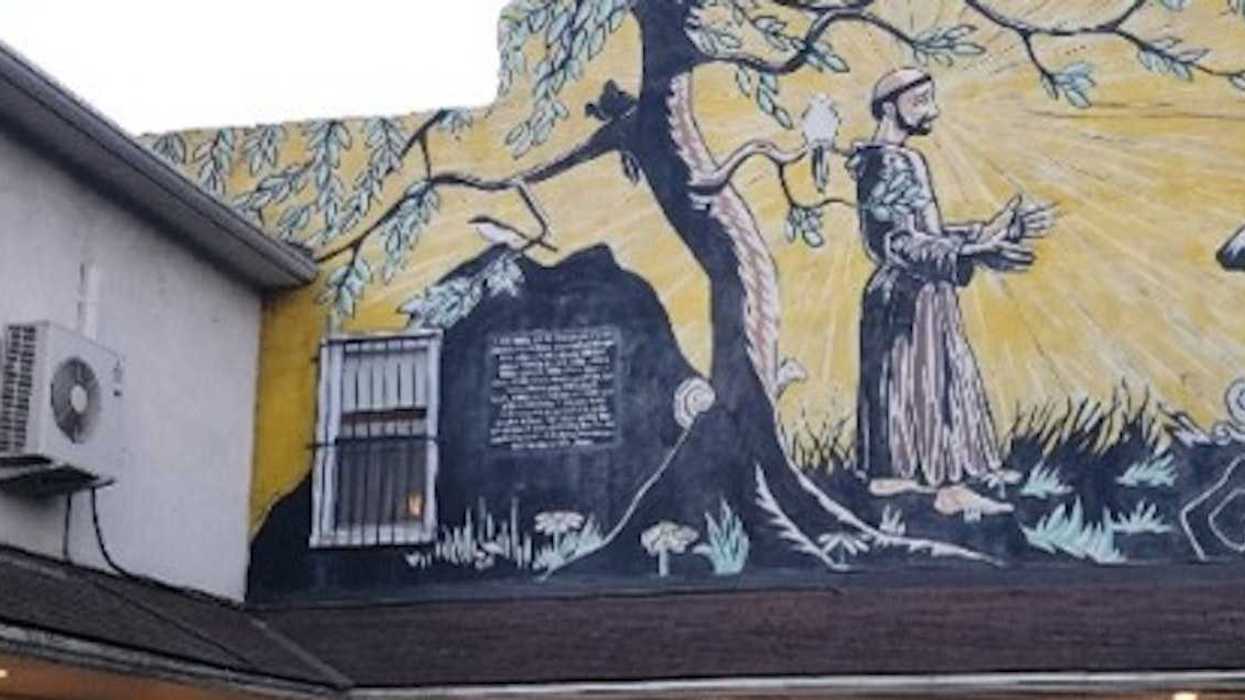
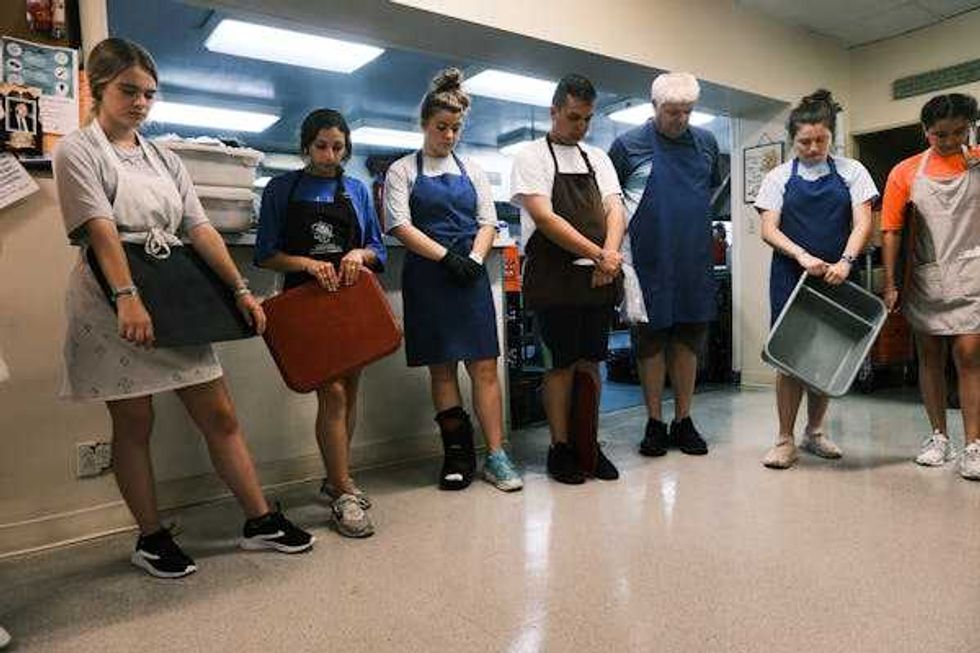 Volunteers at the St. Francis Inn pray together before serving a meal on July 19, 2021.
Volunteers at the St. Francis Inn pray together before serving a meal on July 19, 2021.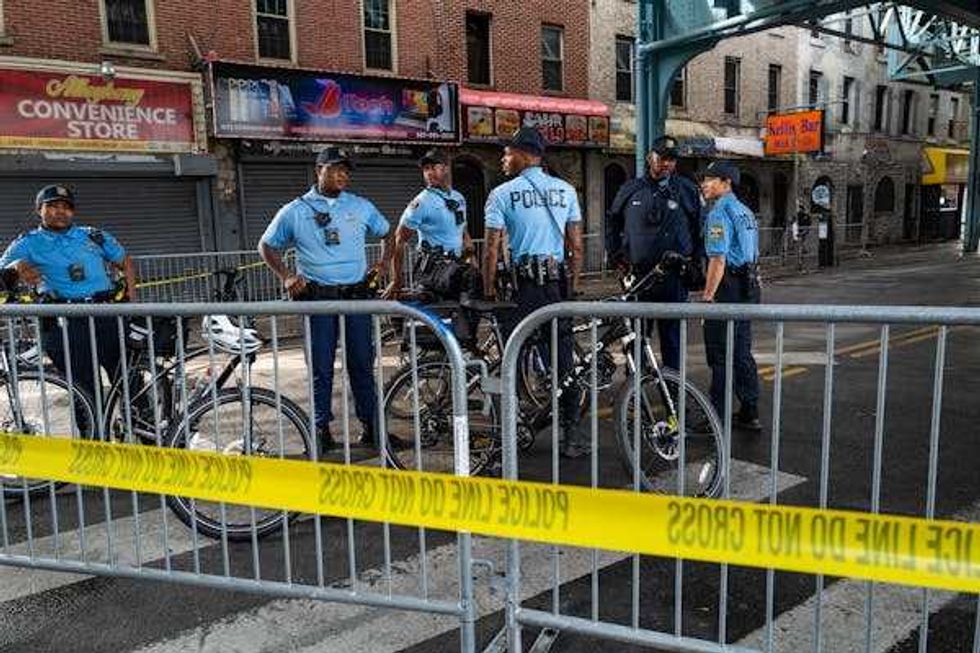 Police close down a section of Kensington Avenue to clear a homeless encampment on May 8, 2024.
Police close down a section of Kensington Avenue to clear a homeless encampment on May 8, 2024.
 A young person doing their monthly budgetCanva
A young person doing their monthly budgetCanva

 A woman scrolls through a dating appCanva
A woman scrolls through a dating appCanva